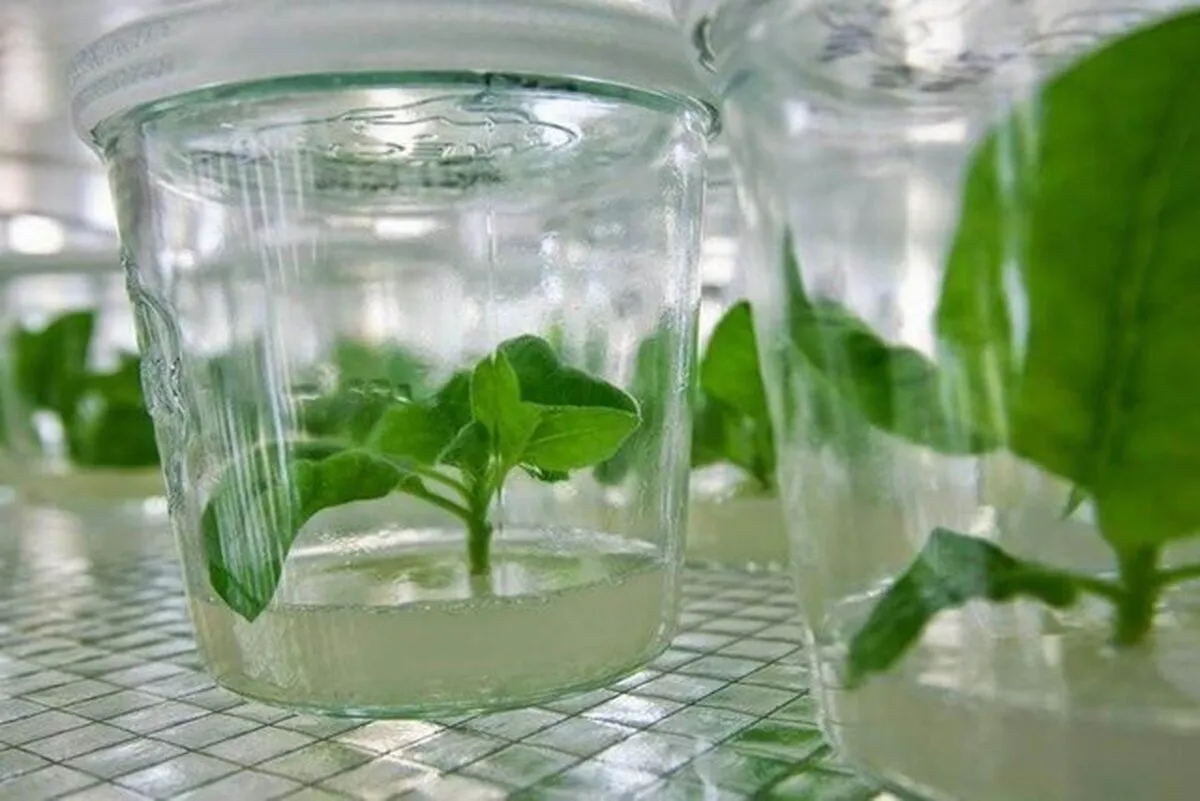Iranian Firm Uses Tissue Culture Method to Produce Seedlings with Mother Plant's Features

“We are active in producing vegetative bases of plants by tissue culture method and the researchers of our company succeeded in multiplying each plant by tissue culture method with the same features of the mother plant,” said Arash Shahkar, the managing director of the knowledge-based company.
“They produced and propagated both the rootstock and scion by tissue culture method and transplanted by biograft method,” he added.
“The biggest achievement of our company is implementation of biografting method on seedlings,” Shahkar said, adding, “Considering that our products have a blue label, we can export them to all countries.”
Reports said earlier, in March, that the Plant Biotechnology Research Center of Islamic Azad University’s Kermanshah branch had succeeded in receiving the license of the ISO 17025 laboratory standard in the field of agriculture and food industry.
“The ISO 17025 license is the most specialized standard in the world, which is issued in Iran under the supervision of the National Accreditation Center of Iran (NACI), and the process of obtaining this license is highly time-consuming and difficult. After a one-year process and numerous assessments by the National Center of Iran's Qualification Verification Organization, Islamic Azad University’s Kermanshah branch succeeded in obtaining the final approval to receive the most specialized international and national standard ISO 17025,” Shima Alayee, the head of the Plant Biotechnology Research Center of Islamic Azad University’s Kermanshah branch, told ANA.
Noting that the ISO 17025 is one of the most specialized standards in the world which is used in different laboratories, she said, “Usually, the certificate and license is issued by the higher authorities, and in Iran, the main and official authority which issues this certificate is the National Accreditation Center of Iran (NACI) which operates under the supervision of the National Standards Organization of Iran.”
“This standard is a criterion for measuring the quality of a laboratory and any laboratory that has gained this certificate can be trusted in terms of the accuracy and precision of the laboratory results,” Alayee said.
4155/v





















